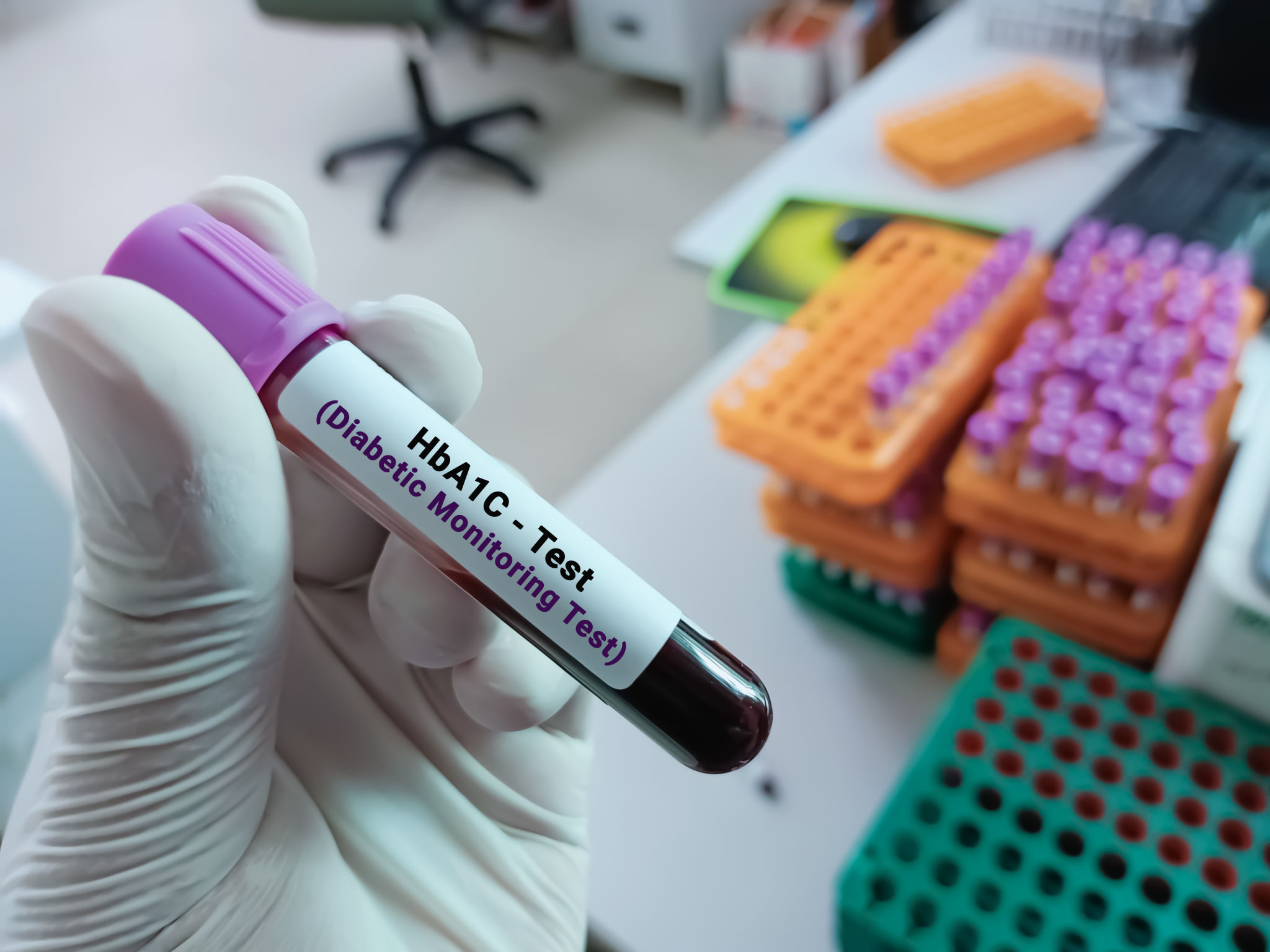How to Choose the Right Peptides for Your Practice
pe
Understanding Peptides
Peptides are short chains of amino acids that play a crucial role in various biological functions. They have gained popularity in medical practices for their potential benefits, from muscle growth to skin rejuvenation. Selecting the right peptides for your practice can be a game-changer, improving patient outcomes and expanding your treatment offerings.

Identify Your Practice Needs
Before choosing peptides, it's essential to understand the specific needs of your practice. Are you looking to enhance your aesthetic treatments, or are you more focused on sports medicine? Identifying your primary goals will help narrow down the peptide options that align with your practice's specialties. For example, peptides that promote collagen production are ideal for skincare, while others may be more suitable for muscle recovery.
Research Peptide Types
There are numerous types of peptides available, each with distinct functions. Some popular categories include:
- Growth Hormone Secretagogues (GHS): Stimulate the natural release of growth hormones, aiding in muscle growth and fat loss.
- Collagen Peptides: Improve skin elasticity and reduce wrinkles.
- Melanotan Peptides: Enhance skin pigmentation and protect against UV rays.
Understanding the different types of peptides can help you make informed decisions about which ones will best serve your patients.

Evaluate Supplier Credibility
Choosing a reputable supplier is vital to ensure the quality and efficacy of the peptides you use. Look for suppliers with a track record of reliability and transparency in their manufacturing processes. Checking for certifications and customer reviews can also provide insight into the supplier's reputation.
Consider Legal and Ethical Implications
Before integrating peptides into your practice, consider the legal and ethical guidelines surrounding their use. Regulations vary by region, so it's crucial to stay informed about what is permissible in your area. Consulting with legal experts or regulatory bodies can help ensure compliance and protect your practice from potential legal issues.

Monitor Patient Outcomes
Once you've introduced peptides into your practice, closely monitor patient outcomes to assess their effectiveness. Gathering feedback and documenting results can provide valuable data to refine your offerings. This process will help you determine which peptides deliver the best results and allow you to make necessary adjustments.
Stay Updated with Research
The field of peptide therapy is continually evolving, with ongoing research uncovering new applications and benefits. Staying informed about the latest developments can help you offer cutting-edge treatments and maintain a competitive edge. Subscribing to industry journals and attending relevant conferences are excellent ways to keep up-to-date.

Conclusion
Choosing the right peptides for your practice involves a careful evaluation of your needs, understanding the different types of peptides, and ensuring you work with reputable suppliers. By staying informed about legal guidelines and monitoring patient outcomes, you can maximize the benefits of peptide therapy, enhancing your practice and improving patient satisfaction.